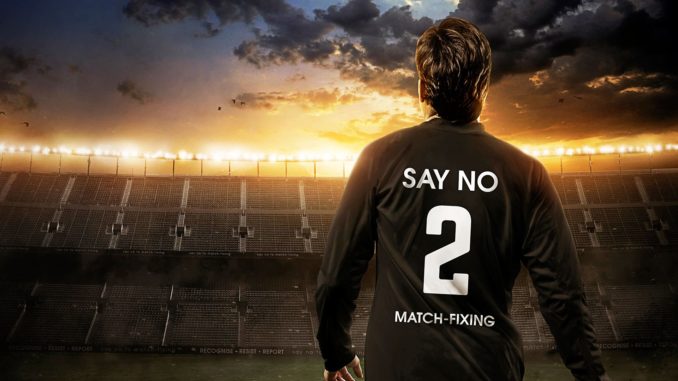
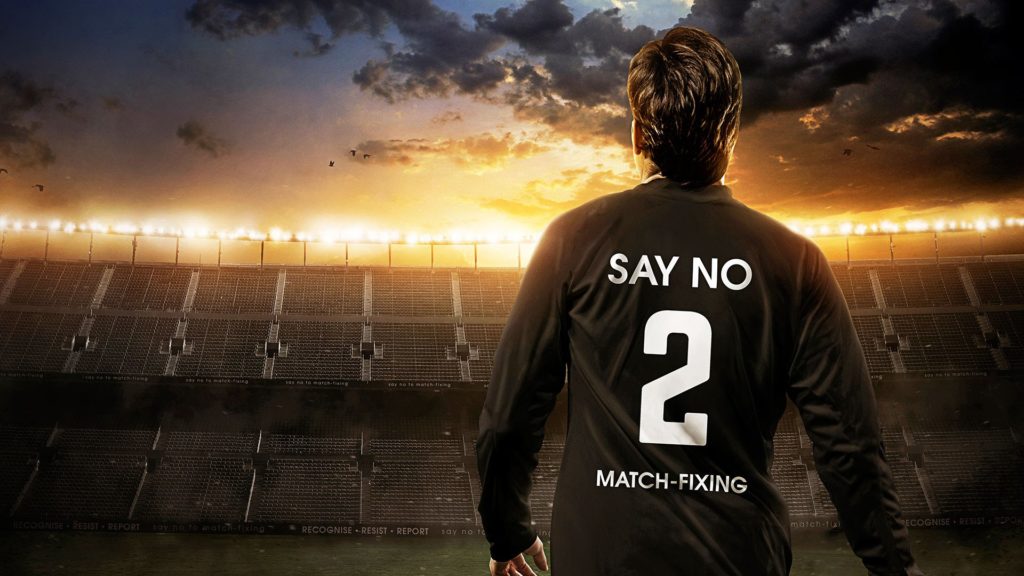
By Hishan Welmilla
The Sri Lankan cricket fraternity and cricket world was shocked to its core when Sri Lankan Ex Captain Sanath Jayasuriya charged under the ICC’s Anti-Corruption Code. This is the second time in this year Sri Lanka has been exposed on match fixing allegation.
The International Cricket Council has charged Jayasuriya with two counts of breaching the ICC Anti-Corruption Code–the failure or refusal to cooperate with the ongoing investigations and obstructing or delaying any investigation that may be carried out by the ACU, including concealing, tampering with or destroying any documentation or other information.
Earlier (May 27) by An Al Jazeera investigation which brought to light allegations of pitch fixing involving two Sri Lankan’s. The sting carried out by Al Jazeera’s Investigations Unit, brought to light alleged pitch-fixing, where curators prepared pitches to favour betters.
According to the investigation, the bets in question were made on the second test of Australia’s tour of Sri Lanka in 2016 and India’s tour of Sri Lanka last year, both tests were played at the iconic Galle International Cricket Stadium.
Jayasuriya responds
Sanath Jayasuriya responded to the ICC regarding the incident and said that he could not comment on the incident under strict legal advice.
“Unfortunately, I am not in a position to release any comments at this moment as I am initially required to submit my response within 14 days. I am under strict legal advice that no comment is to be made in respect of the above charges as such a course would offend the ICC Rules,” Jayasuriya said in a statement.
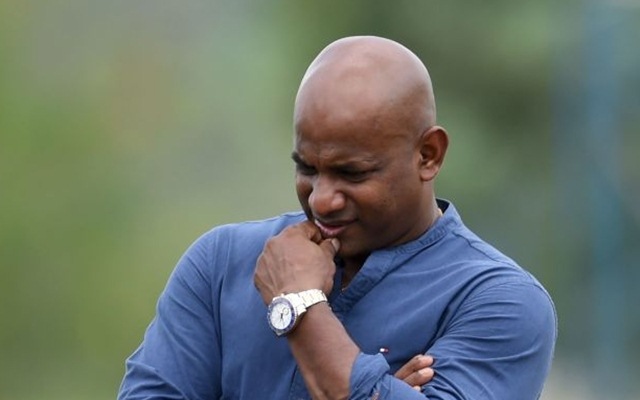
Jayasuriya is likely to get a suspension of six months to five years if he pleads guilty for the first charge while the second count carries a suspension of zero to five years. If he doesn’t plead guilty, ICC will hear the case.
The Anti-Corruption officer were here in Sri Lanka during the last couple of weeks investigating what they termed as “serious allegations of corruption” in Sri Lanka. They also met country’s President, Prime Minister and the Sports Minister and had briefed them on the ongoing investigations.
Reputational damage to any professional is a significant intangible consequence of being accused of corruption in any walk of life, and sports people are no exception. Simply being accused of match-fixing, even if ultimately found not guilty, can see a sports person viewed suspiciously for the rest of their career by fellow professionals, fans and journalists, and can ultimately ruin a person’s career.
Prevention of Match fixing bill
Former Minister of Sports Mahindananda Aluthgamage was instrumental in drafting a legislation titled the ‘Prevention of Match-Fixing’ bill in 2013 towards preventing fixing incidents in sports. He appointed a committee Headed by the then sports secretary Anura Jayawickrama along with experts in sports, laws and representatives of the legal draftsman’s department and Interpol. By the following year, the committee submitted a draft prevention of match fixing act to the sports ministry. With the change of Government in 2015, the committee was disbanded and its report went missing.
This draft legislation was aimed at preventing match-fixing in sports, which would hand out heavy punishments to offenders and the bill will effectively make ‘match-fixing betting’ – betting that influences the events or results of matches – illegal at all levels and also punish athletes and officials who engage in match-fixing and was believed to be temporarily approved by the Legal Draftsmen’s Department.
The law would punish offenders, both local and foreign, with upto five years imprisonment and a fine of upto Rs. 5 million – strong enough punishments to deter those considering engaging in match-fixing.
However, three Sports Ministers – Mahindananda Aluthgamage, Navin Dissanayake and Dayasiri Jayasekera have not tabled the bill in parliament, despite it being formulated more than five years ago. Now the new Minister of Sports Faizer Musthapa could now take up the baton of the last lap and finish the ‘Relay’ of passing the bills which was taken running by its former three portfolio team mates (ministers)
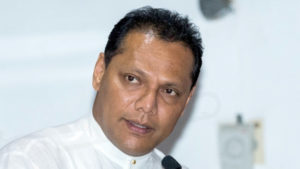
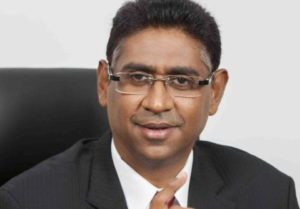
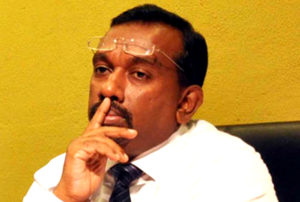
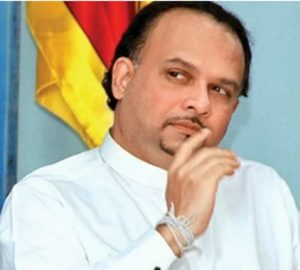
Fixing is a cancer
It has been described by many, including high profile sporting figures, sport administrators and governing bodies, as a greater threat to the integrity of sport than doping. This threat is match-fixing. One of the most powerful guardians of sport, Jacques Rogge, the former president of the International Olympic Committee (IOC), explained why, “Doping affects one individual athlete, but the impact of match-fixing affects the whole competition. It is much bigger.” Illegal gambling is the principal driver of what Rogge has also called a “cancer”.
A first possible explanation is that individuals involved in sport are easier to manipulate than those involved in a team environment, where the risk is much higher due to complex interactive outcomes.
So who organises match-fixing, tempting sports people to put their careers at risk in a disciplinary, reputational and criminal sense? There appear to be various different categories of people who are engaged, ranging from criminals running illegal betting syndicates, to the players themselves.
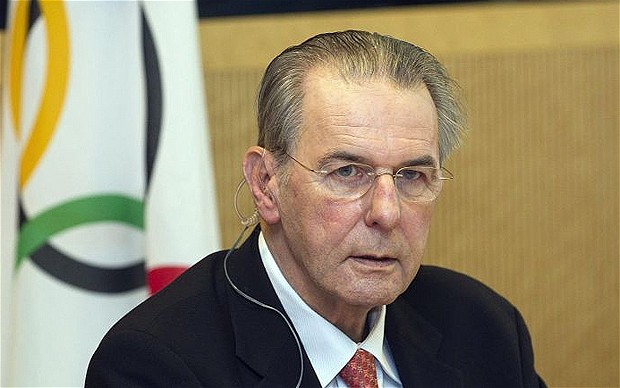
Combat match-fixing
A comprehensive strategy to combat the complex global threat of match-fixing must be built on a thorough
understanding of the nature and scale of the threat by all the stakeholders in sport.55 Having examined the nature and scale of the threat it is possible to analyze what action is being taken and to evaluate its effectiveness, or otherwise. An effective way to formulate a strategy is to focus efforts around a number of principles. Having examined what academics, policy makers and sporting bodies consider to be the key principles in combating match-fixing they appear to fit into three categories: formulation of clear guidelines; compliance with and surveillance of those guidelines; and education.
The legal hurdle to be overcome to be successful with either variant of this defense is high and not often successful in a sporting context. However, given the increasing prevalence and acknowledgement of the involvement of criminals and gangs who orchestrate large-scale match-fixing this may become an increasingly frequent tale when sports people are caught out. If you were told that if you did not agree
to go along with the plan then your family will be in danger, what would you do? Suddenly the money seems quite appealing after all, and upholding your own reputation and that of the sport less so. Hopefully, it is now clear that there are a multitude of reasons why illegal bookmakers and criminals try, and indeed succeed, in targeting certain sports, and individuals within those sports, more than others.
The majority of sports now have an anti-corruption unit in place: unfortunately, the establishment of many
of them has been reactive following the revelation of a match-fixing scandal, rather than pro-active. This is
reflective of the fact that many sports have buried their head in the sand for too long being adamant they were clean and “it couldn’t happen to us!”

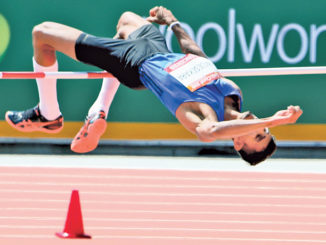
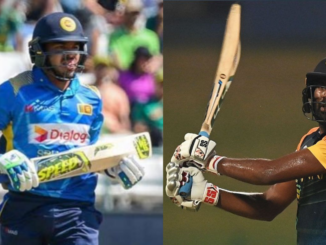
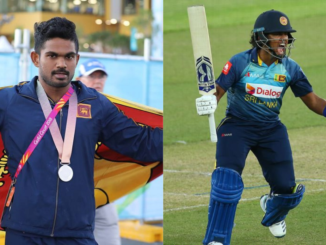
Be the first to comment